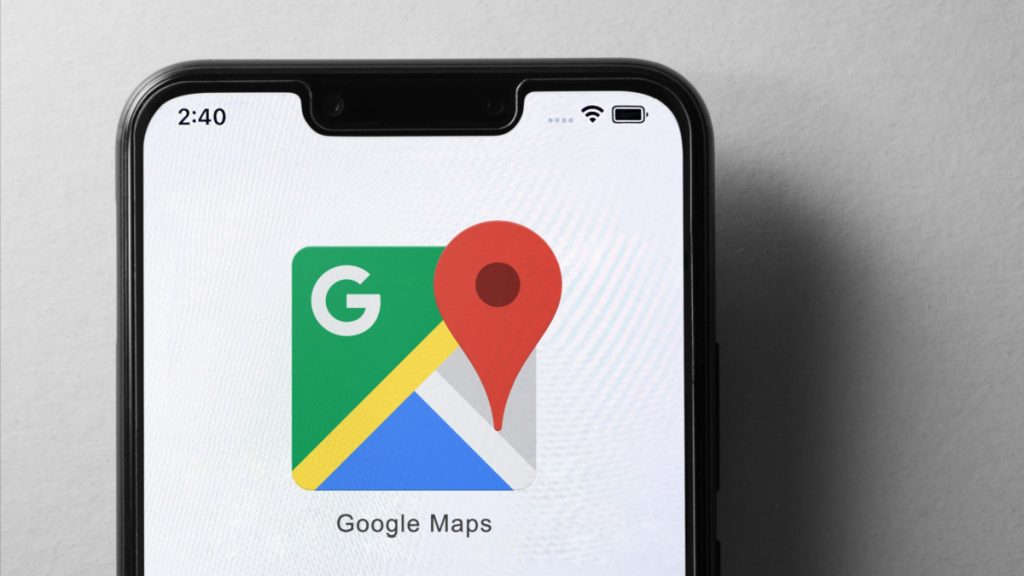 Service Disruption of Google Maps Limits Access to Location Data
Service Disruption of Google Maps Limits Access to Location Data Google is striving to ‘respect’ user privacy regarding access to location data stored in the service disruption of Google Maps.
Their focus is to make it more difficult for authorities to access users’ location data, aiming to protect privacy by limiting the impact of “geofence warrants.” These are legal requests that compel the disclosure of information about all users within a specified area and time frame.
“The repository of everyone’s location data dating back months or years was a hazard, and Google is trying to clean up that hazard,” Jennifer Granick, an attorney with the American Civil Liberties Union, told Forbes.
“That is a real benefit for people’s privacy for people’s locations over time which is some of the most revealing information about us.”
This change doesn’t prevent the government from obtaining the necessary information for a specific user by requesting their full account details. However, the issue with these warrants is that they have been criticized for involving innocent individuals in investigations.
Google Kept Quiet
Google has chosen not to respond to such requests issued by the police in the USA in order to maintain user privacy. This decision is seen as a victory for privacy advocates and defense lawyers.
The whole point of Google’s decision to limit responses to police requests for user location data is not to hinder criminal investigations. Instead, the search engine parent is seeking to balance the need for privacy with the necessity of aiding law enforcement. Thus ensuring that any access to user data is carefully considered and justified.
Why is it important?
It is a positive step towards protecting digital rights and privacy to reduce the potential risks of mass surveillance. On top of that, the police may argue that the geofence warrants are valued tools for inspecting crimes and arresting suspects.
Google’s decision could spark further debate and legal challenges.
Impending Consequences
Google’s decision could pressure other tech companies to reevaluate their policies regarding geofence warrants. This could lead to stricter regulations and increased judicial oversight for such warrants.
Law enforcement agencies might need to alter their investigative techniques so they can rely less on geofence warrants and emphasize on obtaining more traditional search warrants.
The shift in investigation methods is likely to fuel ongoing debates about how to balance defending individual privacy with ensuring public safety.
Remaining well-informed and engaging in constructive discussions on these complex matters is crucial. As technology continuously evolves, the legal framework governing privacy and law enforcement must adapt accordingly.
Google’s decision to limit access to users’ location data in response to geofence warrants represents a significant step in prioritizing privacy and respecting individuals’ rights.
Does that seem acceptable to you as a user?
Inside Telecom provides you with an extensive list of content covering all aspects of the tech industry. Keep an eye on our Tech sections to stay informed and up-to-date with our daily articles.